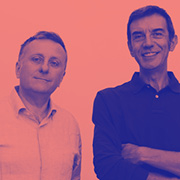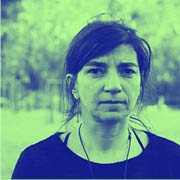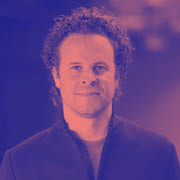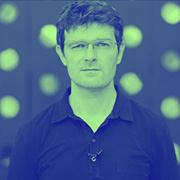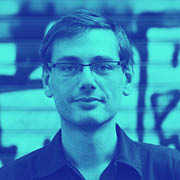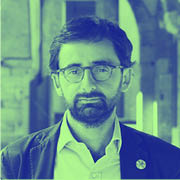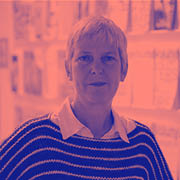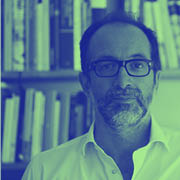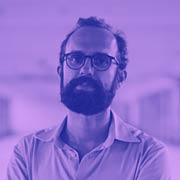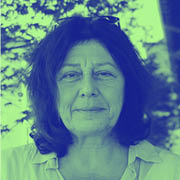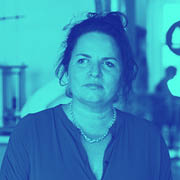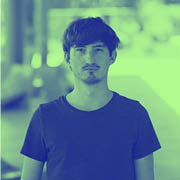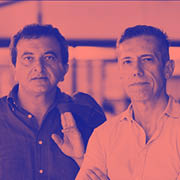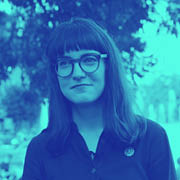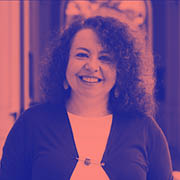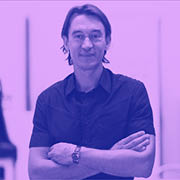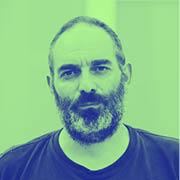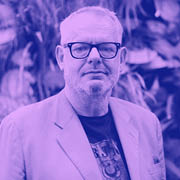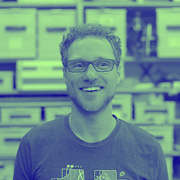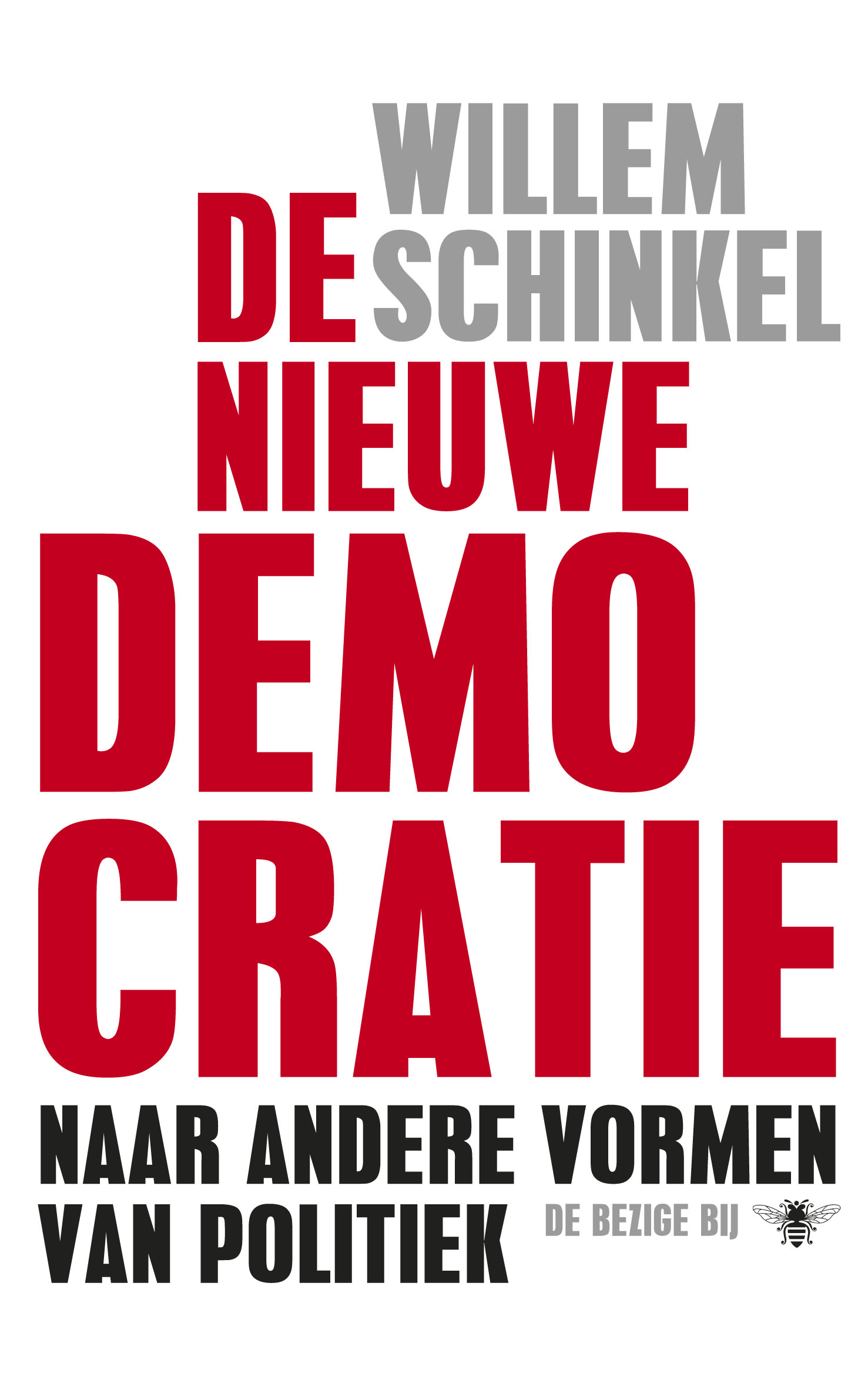SOCIOLOGIST, PHILOSOPHER
WILLEM SCHINKEL
Willem Schinkel is a professor of social theory at Erasmus University Rotterdam. He is the Principal Investigator of an ERC project that studies practices of social imagination in the monitoring of migration, climate change and financial markets.
TERMS
imagination
infrastructure
public
interface
NEW ECOLOGIES
IMAGINATION
Imagination is crucial because we are at a juncture where we desperately need alternative forms of imagination. To focus on the imagination displays a recognition that the entire world, in the way that it is currently organized, depends on it. We tend to think of conceptual structures, such as the economy, as bounded objects that are out there, but economy doesn’t exist without an entire work of imagining. Before the early 20th century, economy was based on thrift. The economy we know today is a modern invention. The same counts for the nation state. – These concepts need to be reimagined. Now in the anthropocene era, imagination is necessary to change certain habits of thoughts and practice that we are locked into. Currently dominant forms of imagination make it seem as if our world is not made up of imagination, it is instead naturalised and is simply ‘the way it is’. Of course, this is not the case. We need space for other forms of life and we need other imaginings, especially in the area where all our major challenges are global and escape the bounds of our imagination such as nations and economies that we comprehend the world through now.
URBAN ASSETS
INFRASTRUCTURE
Infrastructure has become such a key notion because urban inequalities are increasingly created by an unequal access to infrastructure. I take infrastructure to be something that operates in the background, but is crucial for everyday life to run its course. We know that key infrastructures, such as energy, water and digital infrastructure, are increasingly becoming methods of excluding people. I think we need to think politically about imagining what used to be called ‘the right to the city’ also in terms of ‘the right to infrastructure’. We need to democratize the access to, and participation in, infrastructure, to have a say in how we organize it, how it is distributed and who is included and excluded.
DIGITAL TOOLKIT
PUBLIC
Today, the key-question is: ‘What is the meaning of public life?’ On the one hand, neo-liberalization has hollowed out the notion of the public. Originally, there were two main inflections for what ‘the public’ meant. The first comes from the Roman word ‘publicum’ and the second from ‘publicus’. One refers to what you might call the property or domain of the state, and the other refers to certain collectives or groups of citizens. Those two exist up to today, but they often mix in various ways, and I think that we need to ask: ‘What really is the public realm? Can we speak of “a” public sphere or are there many? How can we turn certain concerns into public issues?’ That for me is a key concern and it also relates to the notion of public space. Much of public space is actually public-private space - hybrid space. The very meaning of the public is crucial in defining forms of solidarity, and providing a domain for contesting dominant norms. I think that is the key question now. To ask what is the meaning of the public and what kinds of public actually exist.
NEW COLLECTIVES
INTERFACE
I use the term interface mainly in relation to the increasingly technological organization of the city. In the context of the rise of so-called smart cities where sensors monitor our everyday lives, we should be asking: ‘what kind of interfaces with those technologies do we have? To be political in a smart city means to have access to those technologies, access to the data and to the algorithms that process it, so what we need are new forms of interfaces. This is not to say that our old interfaces don’t work anymore, but they need to be complemented in a time when technology has become such a dominant part of our urban lives.
INTERVIEWED BY
ANIA MOLENDA
Discussing the rise of speculative vocabularies, Willem Schinkel emphasises the importance of being attentive to the concepts that underlie any shift in vocabulary and how we should refuse dominant forms of understanding in seeking totally new responses to urban problems.
AM:
Because this project is predominantly about language and vocabulary, do you think there is something that defines the contemporary vocabulary? Is there something that we should do about it?
WS:
On the one hand, any dominant vocabulary is exclusive. In many ways, it is difficult to speak differently about certain issues. For instance, as soon as you deal with matters of migration and culture many people will say that you are politically incorrect if you want to deviate from the dominant frames that exist. Political correctness is a form of censorship, but that is typical for any dominant vocabulary. There is a certain policing of language, which is all the more reason to invent new concepts. I think concepts are more than just words, because they have to do with certain relations that are drawn together in reality whereas words are merely words - concepts have much more depth.
It is important to always look at the concepts behind the words we use. We are seeing the introduction of seemingly new vocabulary, which coincides with the latest financial crisis. Something any financial or economic crisis does, is open up a new cultural imagination that is intended to keep capitalism running. For some years now we’ve been talking about sharing, startups and the entire vocabulary that surrounds tech companies, which involves all kinds of notions about the subject of solidarity, sharing, and the ideas of free models for all kinds of online platforms. I think that this vocabulary serves to further capitalism through the increasing precarization of people, through keeping the maximum amount of people ‘flexible’. This is very much tied to the way technology is imagined to play a role in life, and that itself is very much related to financialization. An entire speculative vocabulary emerges that surrounds smart technologies, which is all about the future and imagining certain technologically mediated forms of life, that will supposedly free us from old forms of politics - the state - and inaugurate utopian forms of solidarity that go by the name of sharing.
Political correctness is a form of censorship, but that is typical for any dominant vocabulary. There is a certain policing of language, which is all the more reason to invent new concepts.
AM:
Do you have a personal experience with vocabulary where you were either misunderstood because, for instance, when a concept you referred to was not understood in its full scope but only as a word, or when you were inspired by certain understanding of a term that derived from a different culture or discipline, that opened up new ways of thinking for you?
WS:
I am inspired by concepts from other disciplines all the time and I am also misunderstood quite a lot, but this is part of my teaching philosophy. My teaching is never based on imprinting knowledge. It is more aimed at trying to loosen people’s conceptions of the dominant forms of the world. So I think there is something productive in misunderstanding. If we were immediately transparent to each other there would be no need to communicate. What keeps us going is the fact that we don’t know what the other thinks and that we perpetually, slightly misunderstand each other. There is a very productive kind of friction there and in order to stimulate that, I like to invent new concepts, new words and to borrow words from other disciplines.
What keeps us going is the fact that we don’t know what the other thinks and that we perpetually, slightly misunderstand each other.
AM:
Contemporary politics seems to be dominated by and dependent on the financial system. In your book ‘De nieuwe democratie’ you address the need of the new politicization to counter this phenomenon. What role does language play in forming political alternatives? Do you think we can use language to form new ways of seeing the world for example by defining new abstractions other than market and modernity or redefining the existing ones?
WS:
In politics, language is always crucial, so languages should be part of any politicisation. That is why it is very important to be attentive to shifts in vocabulary and to investigate what are the conceptual shifts behind them. One thing to think about is a right to infrastructure. What does it mean to live in the city and to have a say in actual decisions about infrastructure? A model of that can be found in Porto Alegre – a Brazilian city that has participatory budgeting. This is an interesting way of involving all citizens in the actual running of the city. The only problem with this model is that it loses the distance characteristic of representative democracy, and I’m not ready to entirely give that up. Distance is the only thing that gives us a critical vantage point from which to contest power. However, I do think that we need to experiment with forms of participation that go beyond the presently empty notion that politicians have. Participation now basically means: ‘assist us in governing the world, the way we already do.’
In politics, language is always crucial, so languages should be part of any politicisation. That is why it is very important to be attentive to shifts in vocabulary and to investigate what are the conceptual shifts behind them.
book
ON BEING INCLUDED: RACISM AND DIVERSITY IN INSTITUTIONAL LIFE
By Sara Ahmed
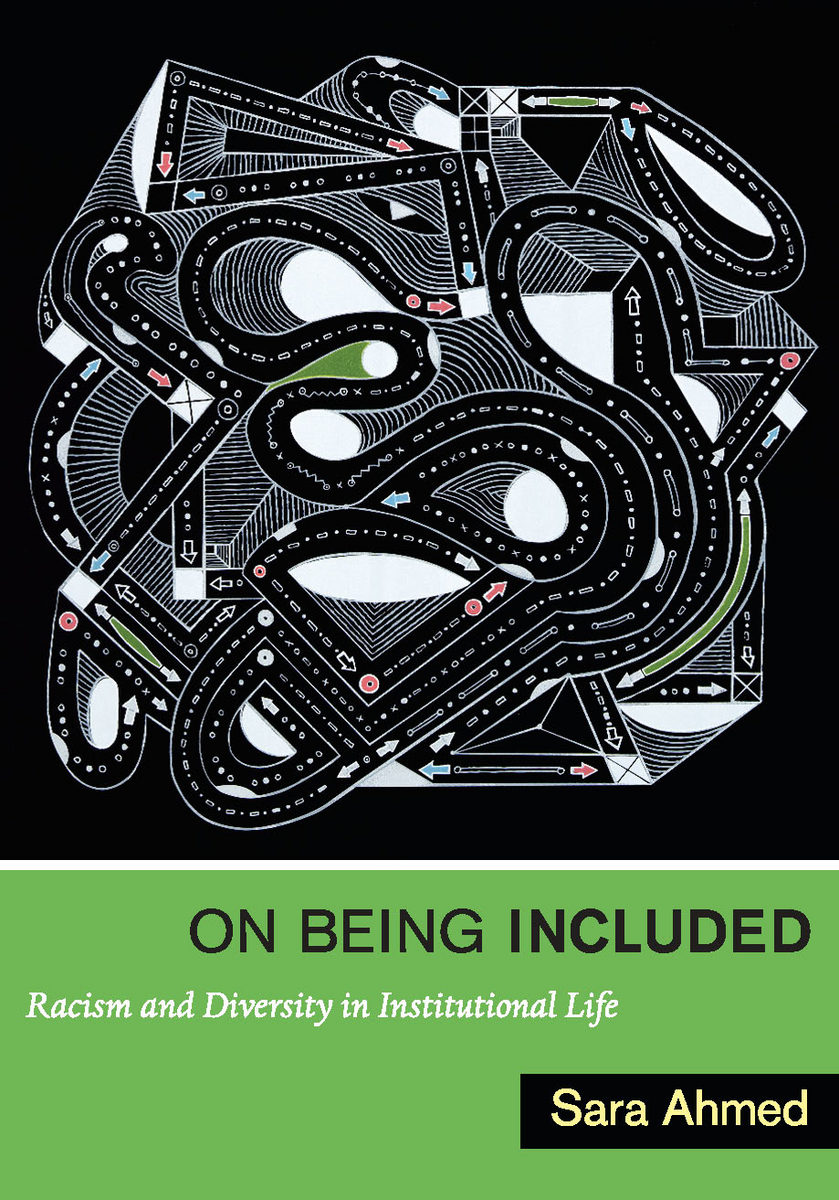

AM:
How do you think can we avoid biases in the language that are so vividly present in the discourses on climate and technology for example? What are the key challenges in finding good ways of communication across different disciplines and audiences?
WS:
I think it’s always important to refuse to adopt the dominant governing terms. All kinds of concepts emerge as the dominant responses to the fact that certain changes are necessary. Sustainability has many inflections but it is certainly a dominant governing concept now. To refuse that and to arrive at your own concept of sustainability is crucial.
Let me take the example of a Dutch university. At university, there are generally very few female professors or professors with a non-Dutch background and this issue is framed as one of diversity. Diversity is the governing concept here and it’s important to refuse it, because the issue is not diversity - but sexism and racism. That slight shift in vocabulary is often not accepted. In the Netherlands, we contest speaking about racism and sexism, because there is this idea that we are all civilized and tolerant, that these issues are not ours. If diversity is the frame, the issue becomes one of happy participation and inclusion, ignoring the exclusion that started the problem to begin with. This is something that Sara Ahmed has analysed in her book ‘On Being Included: Racism and Diversity in Institutional Life’. – When diversity becomes the issue, it is about including certain bodies of women and non-whites rather than about how these people have been structurally excluded by means of sexism and racism. It demonstrates an example of an issue being recognised, but then inflected in such a way that it becomes completely depoliticized - allowing the dominant structure to remain.
This is the way that dominant structures adjust themselves to the challenges they face and come into being. When global warming was presented as an issue, sustainability emerged. Actually one could say that climate change itself is already a depoliticized term for global warming, because the climate changes all the time, climate change doesn’t really mean that much. That’s how the governing concepts take the critical angle out of the vocabulary.
I think it’s always important to refuse to adopt the dominant governing terms. All kinds of concepts emerge as the dominant responses to the fact that certain changes are necessary.
book
'DENKEN IN EEN TIJD VAN SOCIAL HYPOCHONDRIE'
By Willem Schinkel
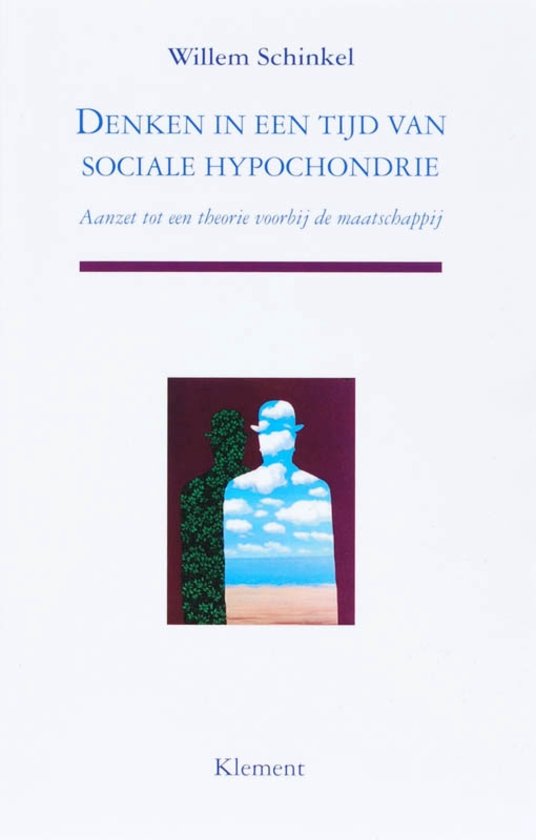

AM:
The term social hypochondria, you described, manifests itself with self-obsession, complaining, fear and lack of confidence that results in a limbo of indecisiveness about the future we should strive for. Is there a cure to that state? What do you think could be the key factors to help us move into a direction of an egalitarian society that is not scared of the ‘other’?
WS:
The concept of social hypochondria is an ironic concept to contest the idea that society is like an organism applied to the issue of migration. The idea is that you have a bounded society, which immigrants need to integrate into. What that assumes is that those immigrants despite being in the society are still not actually part of it. In a sense, it becomes a way of drawing a boundary of what is and is not part of society. It is a very violent way to imagine society in those organicist terms. I think it is key to stop using this vocabulary, because the very idea of ‘integration’ reinforces the difference or the distance that the term is supposed to bridge.
In Western Europe, we tend to think that a social relationship can only be defined by means of similarity. We need an acceptance of the idea that difference is part of social relationships. Difference can also be productive and a creative way of having a relationship. That would be one way of ending all kinds of fictions concerning how modern and tolerant Europe is.
For example, the Netherlands declares itself non-religious, which is a strange idea anyhow, but let’s start with that. It appears that there is about a million people who identify as Muslims. One could say Dutch society has changed, but the conclusion of social scientists, measuring immigrant integration, is that Dutch society is still secular. It is a strange way of dealing with secularism because it brings those people at a certain distance from society and this is done in the face of the fact that many of them are members of the nation state. The mechanism of exclusion has shifted towards certain concepts of society, to who we really are beyond having passports, beyond the rights dimension. There is the cultural dimension that appears to portray that many are undercover members of society and it is the vocabulary that deals with the society as a bounded body, that we should eliminate.
We need an acceptance of the idea that difference is part of social relationships.
